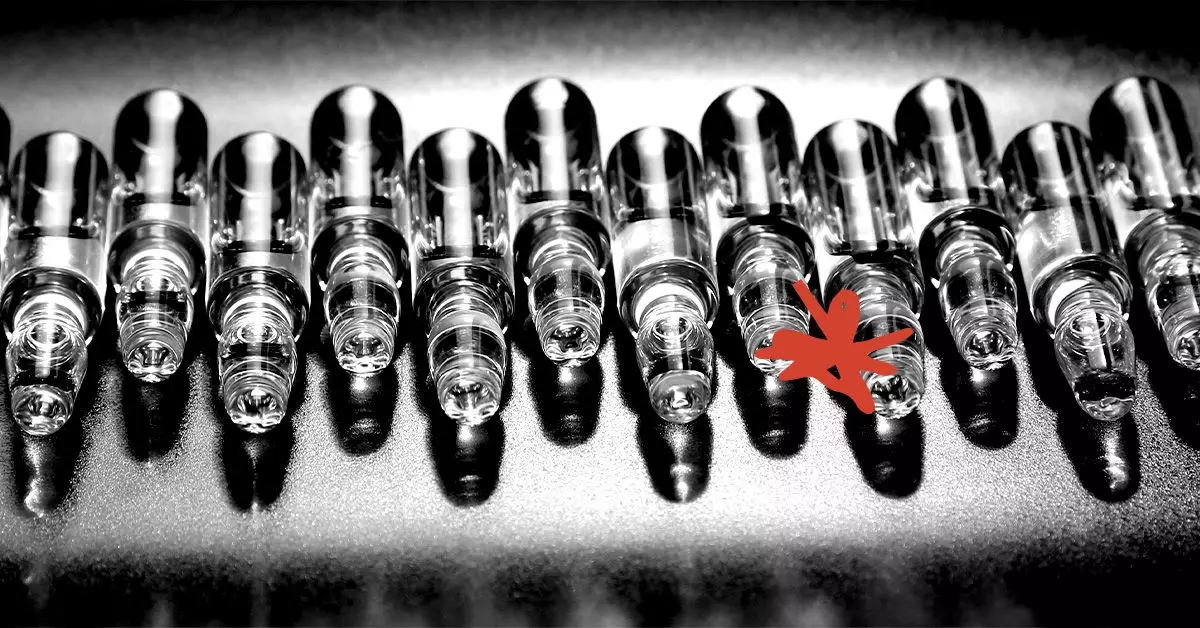Prostate cancer, one of the most common malignancies among men, poses unique challenges in treatment due to its varied progression and response to therapies. With advancements in medical science, immunotherapy has emerged as a beacon of hope for those battling advanced stages of this disease. Unlike traditional treatments that focus solely on destroying cancer cells, immunotherapy aims to harness and enhance the body’s own immune response to identify and eliminate prostate cancer cells. This shift in treatment strategy signals a transformative era in oncological care.
The Mechanism Behind Immunotherapy
At the heart of immunotherapy are cancer vaccines like Sipuleucel-T, which is designed to revitalize a patient’s immune system. By stimulating the immune response specifically toward prostate cancer cells, these therapies can offer an alternative to hormone therapies that have become ineffective. While it’s essential to clarify that immunotherapy does not claim to eradicate prostate cancer, studies indicate that it can extend survival for several months or even years for patients whose cancer has advanced beyond conventional treatment options. A notable 2022 study reported a median overall survival of approximately 2.5 years for those treated with immunotherapy, starkly contrasted with a mere six months for those who received androgen receptor-targeting agents alone.
Patient Eligibility and Treatment Considerations
It’s crucial to underscore that immunotherapy is not a one-size-fits-all solution. The general health of the patient, along with specific cancer characteristics, significantly influences treatment efficacy. For instance, certain biomarkers, such as defects in mismatch repair genes and high tumor mutational burden, can make immunotherapy more effective. This underscores the importance of personalized medicine; what works for one patient may not work for another. As such, comprehensive genomic profiling has become an invaluable tool in determining the best course of treatment for individuals with advanced prostate cancer.
Understanding the Side Effects
As with any medical intervention, immunotherapy does come with its potential adverse effects. Common reactions include infusion site reactions, fatigue, and flu-like symptoms such as fever. Therefore, engaging in thorough dialogue with healthcare professionals about possible side effects and treatment expectations is vital. This informed approach not only empowers patients but also enhances compliance and satisfaction with ongoing treatment plans.
The Road Ahead for Immunotherapy
Despite the promise that immunotherapy holds, it is not considered a first-line treatment. Instead, it is primarily recommended for advanced cases that have demonstrated resistance to traditional therapies. However, ongoing research into the efficacy of immune checkpoint inhibitors in prostate cancer, while still limited, is poised to broaden the horizons of immunotherapy treatments in the future. The goal remains to improve quality of life and survival rates while minimizing the burdens that come with prolonged treatments.
In the quest for a more effective treatment paradigm, the engagement of both healthcare providers and patients in understanding the intricacies of immunotherapy could pave the way for revolutionary changes in the fight against prostate cancer. Embracing this evolving landscape reflects a broader commitment to advancing oncological care rooted in innovation and patient empowerment.

